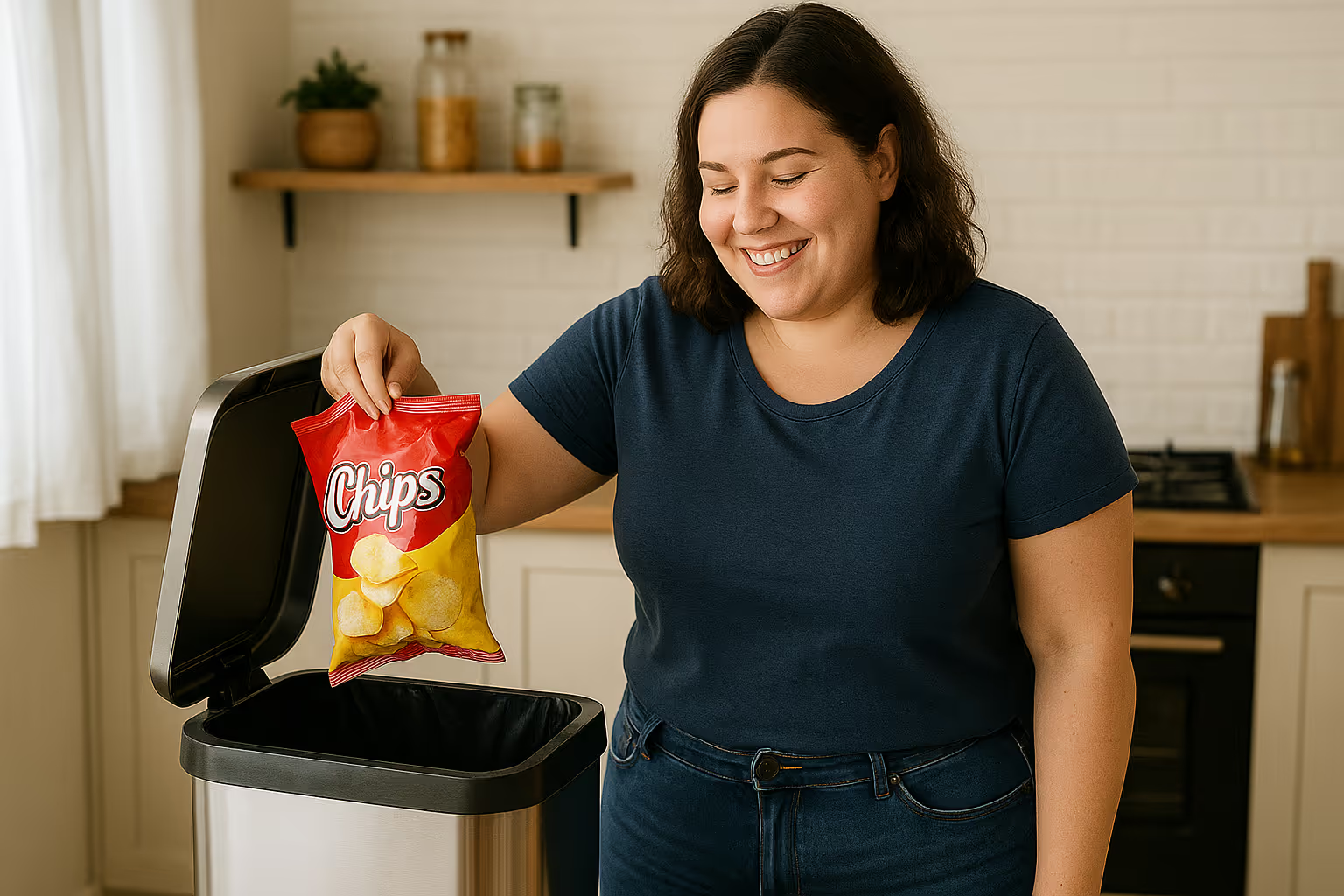Telehealth Weight Loss That Works — Online GLP‑1s, Tablets & Expert Guidance
Estimated wait time: 25 minutes or less

Who Is Medical Weight Loss Right For?
The virtual medical weight loss program is ideally suited for individuals who are clinically overweight or obese, with a BMI of 30 or higher, or 27 or higher if accompanied by conditions such as diabetes, PCOS, or hypertension. It is also beneficial for those who have attempted traditional diet and exercise regimens without achieving sustainable results, including methods like calorie counting, ketogenic diets, or intensive workout programs, only to experience weight regain.
Additionally, the program caters to busy professionals and parents who lack the time for regular in-person consultations, offering convenient and private check-ins that fit their schedules. For individuals who prefer non-injection options, the program provides sublingual or tablet GLP-1 medications.
Furthermore, it is designed for those seeking medical oversight, offering expert-led dosing, laboratory evaluations, and management of side effects, as opposed to relying on unproven supplements.

What is a Medical Weight Loss?
Medical weight loss is a physician‑supervised program that combines evidence‑based medications (GLP‑1s, appetite suppressants), nutrition coaching, and ongoing lab monitoring to achieve sustainable weight reduction and metabolic health—without crash diets or invasive surgery.
Signs you qualify for Weight Loss
- Body Mass Index (BMI) of ≥ 30, or ≥ 27 with conditions like type‑2 diabetes or PCOS
- Weight plateau despite calorie control and regular exercise
- Frequent cravings or difficulty feeling full after meals
- Family history of obesity, insulin resistance, or thyroid issues
- Preference for needle‑free options such as sublingual or tablet GLP‑1s
What causes weight gain?
How we determine if medical weight loss is right for you
During a secure video visit, a board‑certified provider reviews your medical history, performs a lifestyle assessment, and orders labs (A1C, lipid panel, TSH). Eligibility follows FDA guidelines—BMI ≥ 30, or ≥ 27 with a weight‑related condition. Results are available in 24‑48 hrs, and your personalized plan begins the same week.
What results can I expect?
Most patients lose 1–3 lbs per week during the first three months, and 10–15 % of body weight over 12 months on GLP‑1 therapy when combined with a 300–500 kcal daily deficit and moderate exercise. We adjust doses every four weeks and provide weekly check‑ins to keep you on track.
Effective online treatment for weight loss
HLTHi connects you with licensed providers who prescribe FDA‑approved or 503A‑compounded
medications and deliver ongoing coaching—entirely online.
Pick up your prescription at your
local pharmacy or have it shipped discreetly to your door.
How Online Medical Weight Loss Treatment Works
From your first click to ongoing follow‑ups, the entire process is handled through our HIPAA‑secure platform. No waiting rooms, no unnecessary appointments just evidence‑based care delivered to your schedule.
Step 1.

Step 2.
Step 3.
Need new labs? We e‑order a panel through Quest Diagnostics; average turnaround is 24‑48 hours.
Step 4.
Step 5.
Common questions you may have about weight loss
How much weight can I realistically lose and how fast?
Clinically significant weight loss is defined as ≥5 % of baseline body weight, which meaningfully lowers blood pressure, A1C and triglycerides. In trials, GLP‑1s such as semaglutide produce average losses of 10‑15 % over 12‑16 months, while phentermine/topiramate averages 7‑10 %.
Most HLTHi patients report 1‑3 lbs per week during the active titration phase, slowing to 0.5‑1 lb with dose stabilization as the body reaches a new set point. We stress that medications are tools, not magic bullets: maximal results require a 300‑500 kcal daily deficit and at least 150 minutes of weekly moderate exercise.
Our app logs nutrition and weight, flagging stalls so your provider can adjust doses or add adjuncts (e.g., metformin for insulin resistance). Long‑term maintenance often means staying on a reduced “maintenance dose” or cycling therapy 3‑4 times per year.
Am I eligible for prescription weight-loss medication?
If labs are outdated (>6 months), we’ll order new ones (A1C, CMP, TSH, lipid panel) through a partnered national lab you can visit locally. Contraindications include personal/family medullary thyroid carcinoma, MEN2, severe GI disease, uncontrolled psychiatric illness, pregnancy or breastfeeding. Patients with a history of substance misuse may be ineligible for stimulant‑based suppressants like phentermine but can still qualify for GLP‑1s.
If you don’t meet criteria, we’ll recommend evidence‑based lifestyle coaching or refer to an in‑person specialist.
How does sublingual semaglutide work for weight loss?
Sublingual semaglutide is a GLP‑1 receptor agonist formulated to dissolve under the tongue, bypassing the GI tract’s first‑pass metabolism that can diminish tablet potency.
Once absorbed, it mimics the natural hormone GLP‑1 released after you eat, triggering three weight‑friendly actions:
(1) slower gastric emptying—you feel full longer;
(2) reduced hunger signals in the hypothalamus;
(3) improved insulin sensitivity, which curbs fat storage.
Clinical data on injectable semaglutide shows average losses of 15 % of body weight at 68 weeks; early pilot studies on sublingual forms suggest similar pharmacokinetics when properly compounded, though large phase‑3 trials are ongoing. Most patients notice appetite reduction in week 1‑2, with measurable weight loss by week 4‑6 when paired with a modest calorie deficit.
Common side‑effects (nausea, mild reflux) usually fade in two weeks and can be minimized by starting at a low micro‑dose and titrating every 4 weeks under provider supervision. Because sublingual semaglutide is compounded, it’s not yet FDA‑approved; we work only with 503A/503B‑certified pharmacies to ensure sterility and potency.
.svg)

